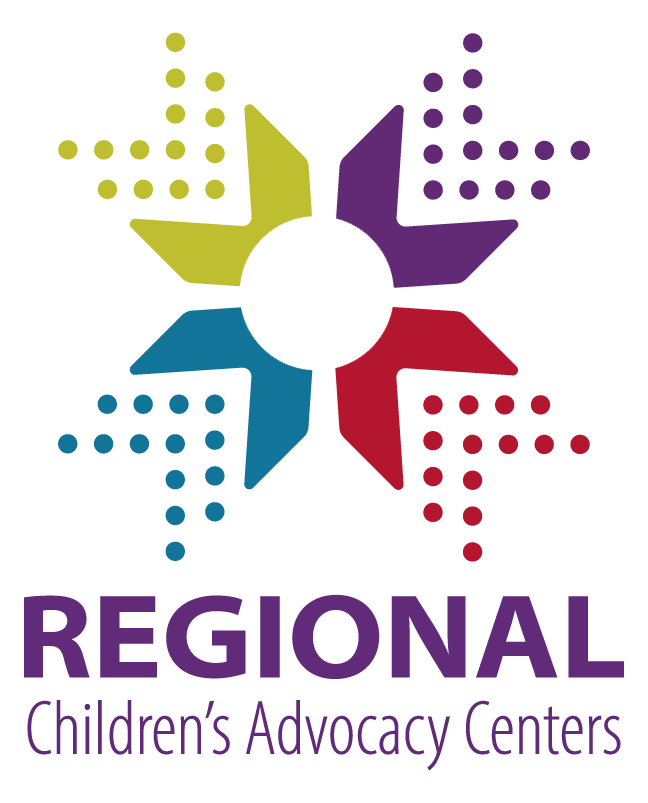Evidence-Based Mental Health Treatments for Child Abuse Victims
This guide, created by NCA and NRCAC in 2018, provides an overview of evidence-based mental health treatments for child abuse victims for brokers and multidisciplinary teams.

Regional Childrens Advocacy Centers
Training and Technical Assistance Centers
This guide, created by NCA and NRCAC in 2018, provides an overview of evidence-based mental health treatments for child abuse victims for brokers and multidisciplinary teams.
This guide, created by NCA and NRCAC in 2018, offers support for parents and caregivers dealing with child abuse, emphasizing the pivotal role they play in their child’s healing process and explaining how a CAC and MDT can provide assistance in keeping the child safe and facilitating their recovery.
This training video, created by NRCAC in 2020, highlights the importance of case review, provides an example of what case review can look like, and discusses the value of representatives from each discipline attending.
This training video, created by NRCAC in 2020, highlights the importance of medical exams, the importance of specialized professionals, and why “normal is normal” when it comes to results.
This guide, created by NRCAC in 2020, assists first responders in obtaining minimal facts during initial responses to abuse allegations, with the aim of reducing trauma to child victims and avoiding redundant interviews.
This training video, created by NRCAC in 2022, highlights the importance of law enforcement, child protective services, and prosecution in the multidisciplinary team, and the value of the collaborative investigative process.
This guide, created by NRCAC in 2021, provides an overview and strategies for working with children with Autism Spectrum Disorder.
This guide, created by NRCAC in 2021, provides an overview and strategies for interviewing children who are non-verbal.
This guide, created by NRCAC in 2020, provides an overview and statistics on child victims with disabilities.
This guide, created by NRCAC in 2020, provides resources for child victims with disabilities.